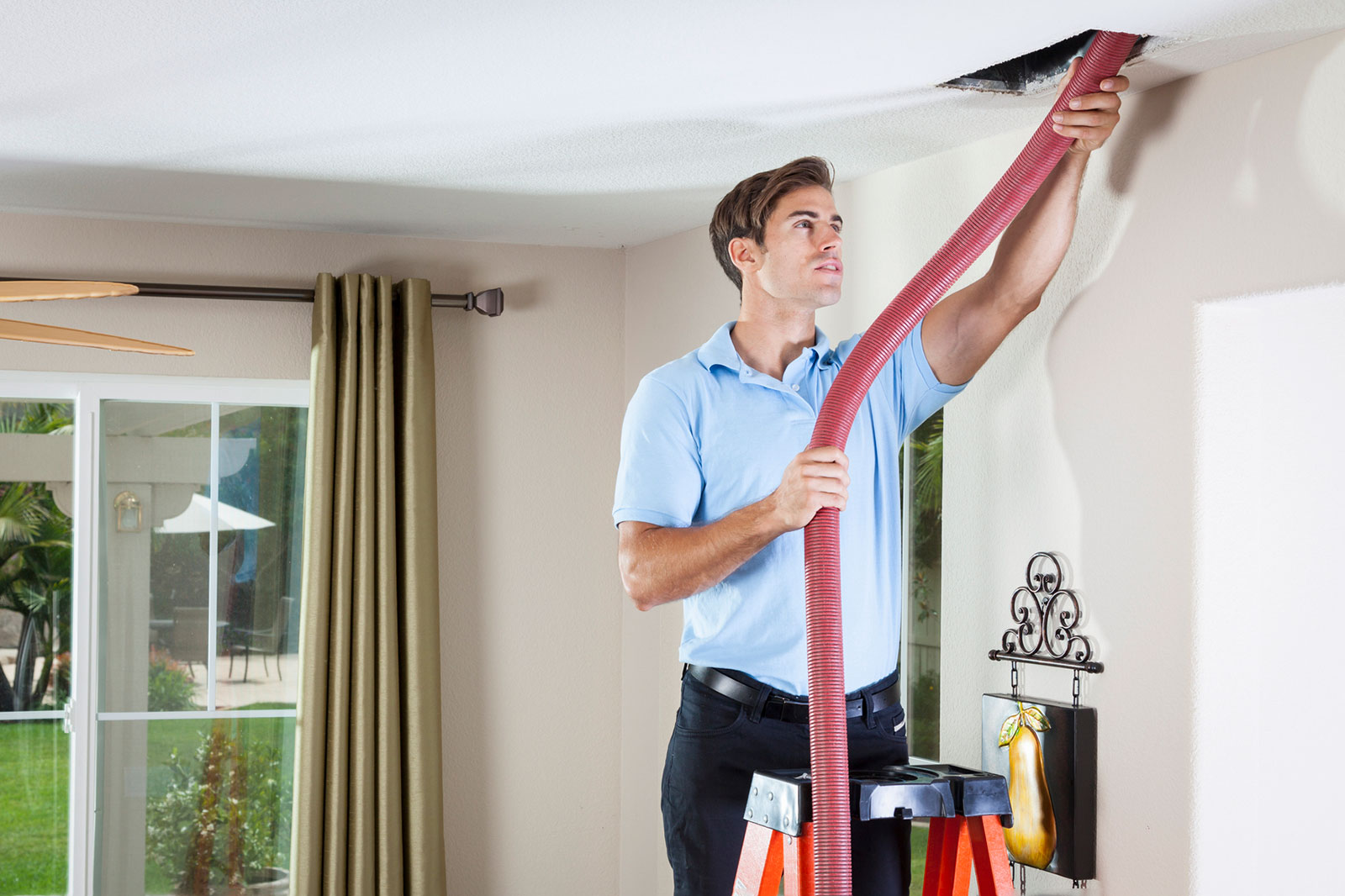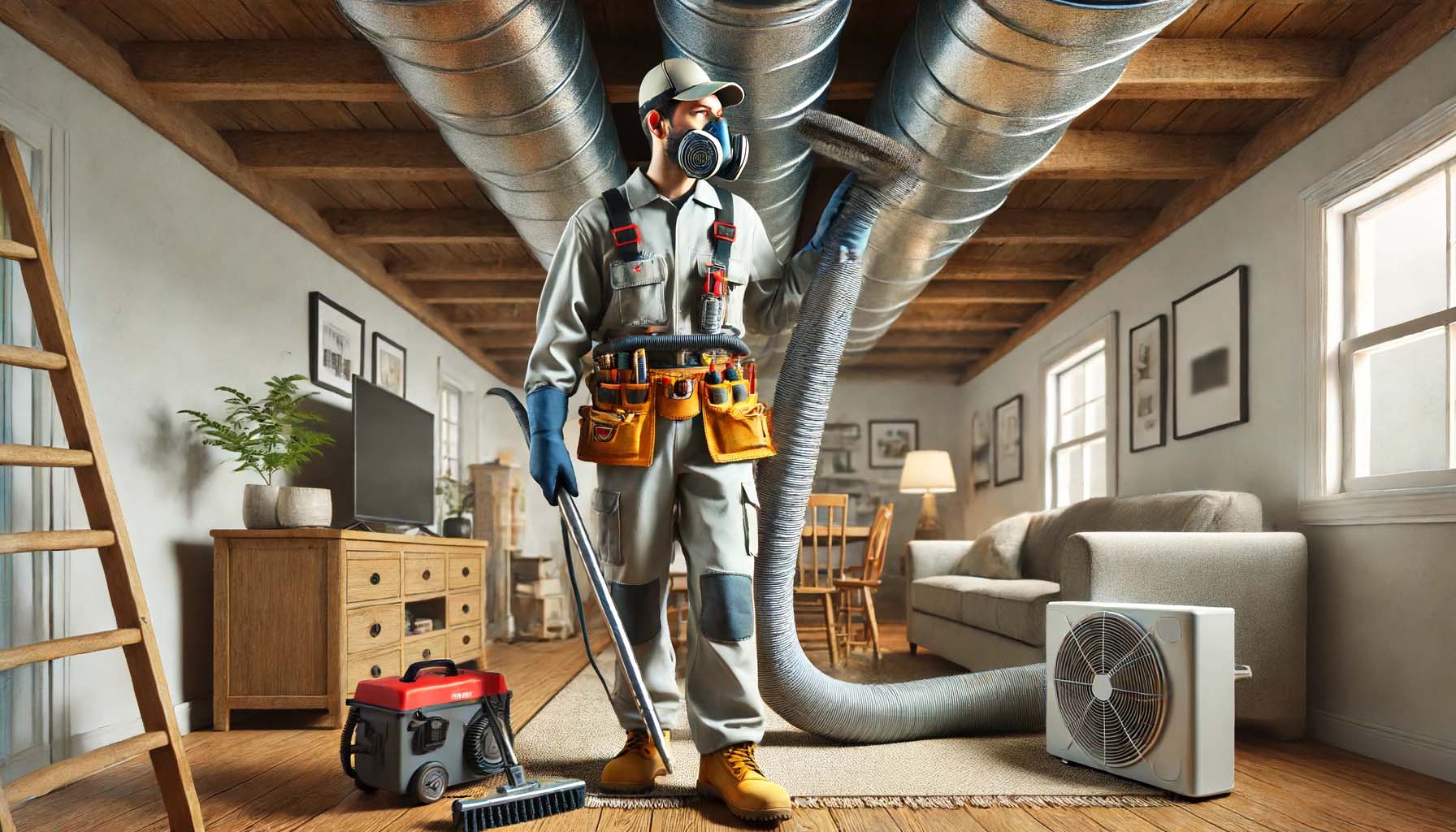
Introduction
When thinking about upgrading or installing a new HVAC system, many homeowners and business owners search for ways to save money. A significant method to achieve this is through utilizing tax credits.
So, what HVAC system qualifies for tax credit? This guide delves into the details of qualifying HVAC systems and how you can benefit from these tax incentives.
Understanding HVAC Tax Credits
The IRS and other authorities offer tax credits to encourage the use of energy-efficient systems. These credits are part of broader governmental policies to promote sustainability and energy conservation.
What is a Tax Credit?
A tax credit directly reduces the amount of tax you owe, making it more beneficial than a tax deduction. Deductions only reduce the taxable income, whereas a tax credit offers a dollar-for-dollar reduction in your tax bill.
Qualifying for HVAC Tax Credits
The IRS Criteria
The IRS has criteria that HVAC systems must meet to qualify for tax credits. This typically includes meeting specific energy efficiency standards.
Energy Star Certification
One of the primary qualifications for federal tax credits is the Energy Star certification. Systems with this certification meet rigorous standards for energy efficiency established by the EPA.
Types of HVAC Systems That Qualify
Central Air Conditioners
Central air conditioners with high SEER ratings often qualify for tax credits. These systems provide superior cooling and energy efficiency.
Heat Pumps
Heat pumps that meet specific HSPF and SEER criteria are also eligible. These systems are excellent for both heating and cooling purposes.
Furnaces and Boilers
Certain furnaces and boilers with high AFUE (Annual Fuel Utilization Efficiency) ratings can be eligible for tax credits. These are generally more efficient at converting fuel to heat.
How to Apply for HVAC Tax Credits
Documentation Required
Ensure you keep all receipts and manufacturer certifications. These documents are crucial when filing for your tax credits.
Filing Your Taxes
When filing your taxes, you will need to use IRS Form 5695, Residential Energy Credits. This form allows you to claim the Residential Energy Efficient Property Credit and the Nonbusiness Energy Property Credit.
For more details, visit the official IRS website.
Benefits of Energy-Efficient HVAC Systems
Cost Savings
Energy-efficient systems consume less power, leading to substantial savings on your energy bills over time.
Environmental Impact
These systems reduce carbon footprints by consuming less energy, contributing to a more sustainable future.
Enhanced Comfort
Modern, energy-efficient HVAC systems offer better temperature control and air quality, enhancing overall comfort in your living or working space.
Case Studies: Successful HVAC Upgrades
Homeowners
One homeowner in Phoenix reports saving over $1,200 annually after installing a new Energy Star certified heat pump.
Businesses
A small business in Houston reduced its energy bills by 20% by upgrading to a new HVAC system with an energy-efficient furnace.
Challenges and Solutions
Initial Costs
The initial cost of installing energy-efficient systems can be high. However, the long-term savings and tax credits offset these costs.
Finding Certified Installers
Ensure you hire certified installers who understand the qualifications for tax credits. This ensures your system is installed correctly and qualifies for the maximum credits.
FAQs
1. What makes a HVAC system eligible for tax credits?
Eligibility is primarily based on energy efficiency ratings such as SEER, HSPF, and AFUE, as well as Energy Star certification.
2. How can I check if my current HVAC system qualifies?
Check the system’s specifications and compare them against the IRS’s published cri teria. You can also consult with your HVAC installer.
teria. You can also consult with your HVAC installer.
3. Are there state-specific HVAC tax credits?
Yes, some states offer additional incentives for energy-efficient HVAC systems. Make sure to check your state’s energy office or website for more information.
Conclusion
Upgrading to an energy-efficient HVAC system not only enhances your home’s comfort but also provides substantial financial benefits through tax credits and reduced energy bills. Now that you know what HVAC system qualifies for tax credit, you can take the next steps confidently.
For more information on maintenance and care for HVAC systems, check out this link.